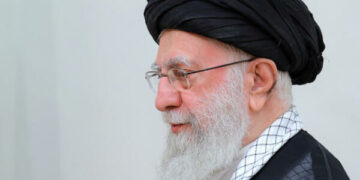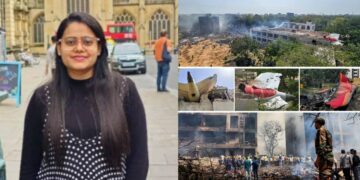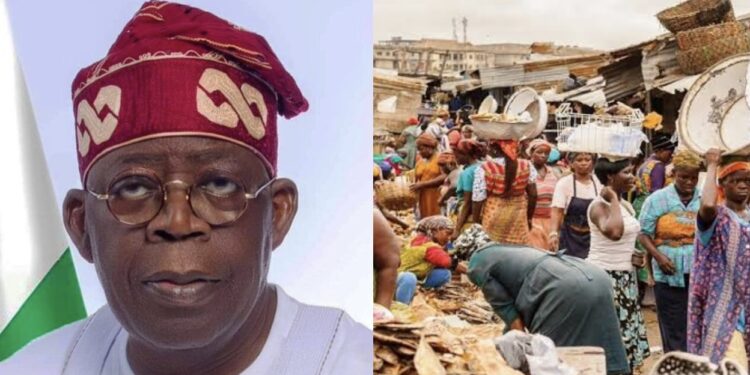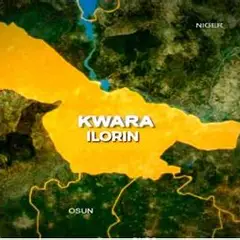In the face of deepening economic collapse, spiraling inflation, and political impunity, a haunting truth is emerging across Nigeria: the people are too hungry to think. Once known for their resilience, creativity, and bold civic engagement, Nigerians today appear subdued, submissive, and frighteningly quiet. The question arises: Is this silence born out of contentment, ignorance, or something far more sinister—crippling poverty used as a weapon?
The Hunger That Silences
At the core of Nigeria’s democratic dysfunction lies a stomach that groans louder than conscience. With over 133 million Nigerians officially classified as multi dimensionally poor, the average citizen wakes up daily to fight for food, water, transport fare, and rent. In this existential battle for survival, there is little room for civic thought, political questioning, or organized resistance.
A loaf of bread now costs ₦2,200, a bag of rice is ₦95,000, and transport fares consume half of an average daily wage. For many, the choice is between eating and speaking out, and hunger is winning.
The Dangerous Appeal of Strongmen
This economic despair has birthed a peculiar phenomenon: unquestioning loyalty to political figures, even those at the heart of Nigeria’s failures. Why? Because they have become providers of temporary relief—bags of rice, sachets of seasoning, ₦1,000 handouts at rallies, scholarships 100k annually for the lucky few, and occasional community boreholes. These acts, rather than being seen as tokenism, are hailed as heroism.
The ruling elite understands this very well. They weaponize poverty to erode critical thinking, ensuring their followership is bound not by ideology or performance, but by desperation and dependence. Political thuggery has become a job description. Loyalty has a price. And hunger, the most potent silencer, ensures obedience.
The Collapse of Civic Institutions
It is not just the masses that are silent. Where are the labor unions? The student movements? The professional associations? The faith-based institutions that once held governments to account?
Many have been compromised. Others are too overwhelmed by the economic downturn to mobilize effectively. A new culture of patronage and fear has permeated every sector. Activism has become performative, and accountability has become optional.
Even the media—the supposed watchdog—struggles to bark because they dare not bite.Investigative journalism is underfunded. Editors fear lawsuits, intimidation, and loss of government advertising. The public square has been swallowed by hunger, and with it, the voices that should be asking the hard questions.
When Bread Becomes More Powerful Than the Ballot
The strength of any democracy lies in an enlightened, economically stable populace. But in Nigeria today, elections are no longer contests of ideas, but markets of desperation. Votes are bought with food, wrappers, and false promises. Citizens no longer demand policies; they demand palliatives. The ruling class thrives on this distortion, sustaining their grip not through performance, but through the maintenance of mass poverty.
The tragedy is not just that people are poor—it is that they have been conditioned to see poverty as normal, and any act of relief as an act of benevolence. This mindset ensures the cycle continues.
The Way Out: Feeding the Mind
To reclaim its future, Nigeria must first feed its people—not just with food, but with opportunity, dignity, and information. Hunger must no longer be allowed to replace critical thinking. Civic education must be revived. Mass literacy campaigns must be launched. Economic justice must be demanded.
More importantly, the political consciousness of the youth—the largest demographic—must be reawakened. Social media, music, comedy, and even fashion must become tools of mass enlightenment.
Conclusion: The Silent Nation Must Speak
Nigeria cannot rise when its citizens are too hungry to lift their heads. It cannot progress when the people who should be watchdogs have become lapdogs. And it cannot thrive when its youth are too broke to dream.
The silence in the land is not peace—it is poverty-induced paralysis. And it is time to break it.
The time to feed the people is now.
The time to awaken their minds is urgent.
The time to speak truth to power—despite hunger—is here.
Because if we don’t speak while we are hungry, we may never speak at all.









































